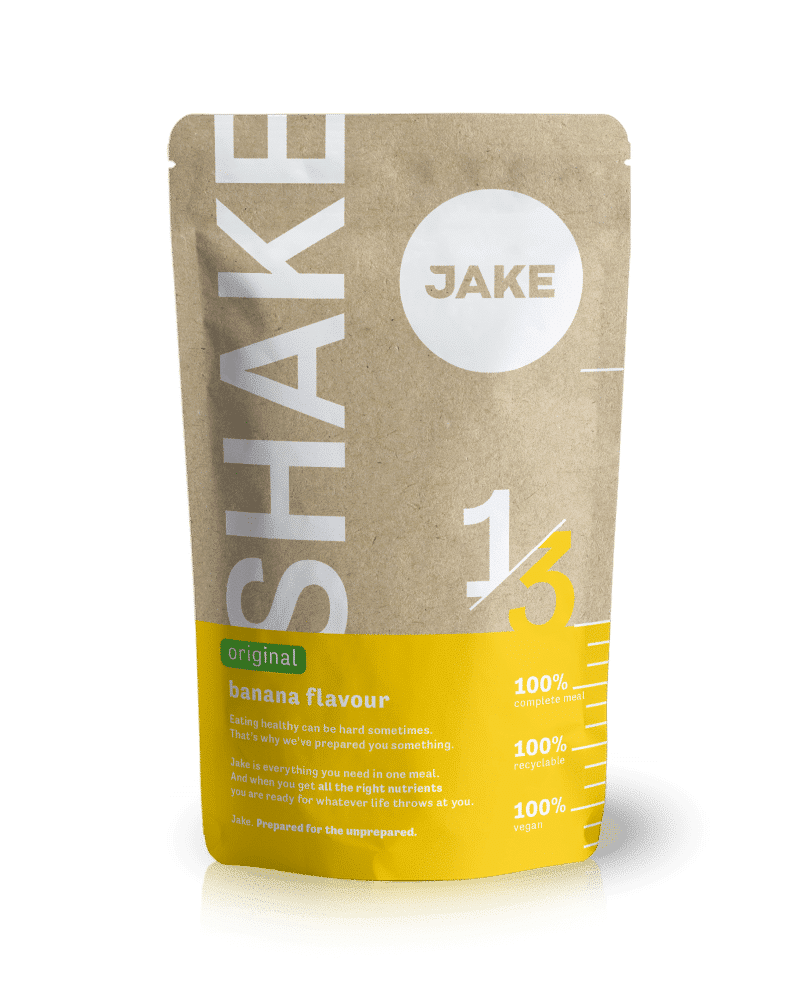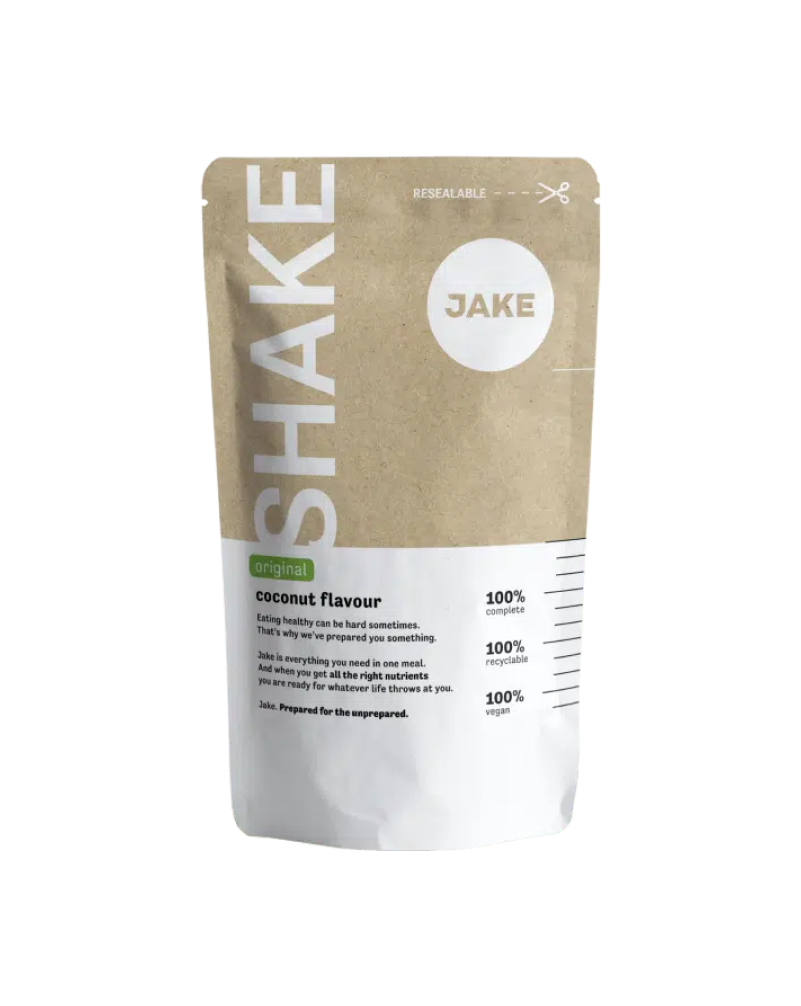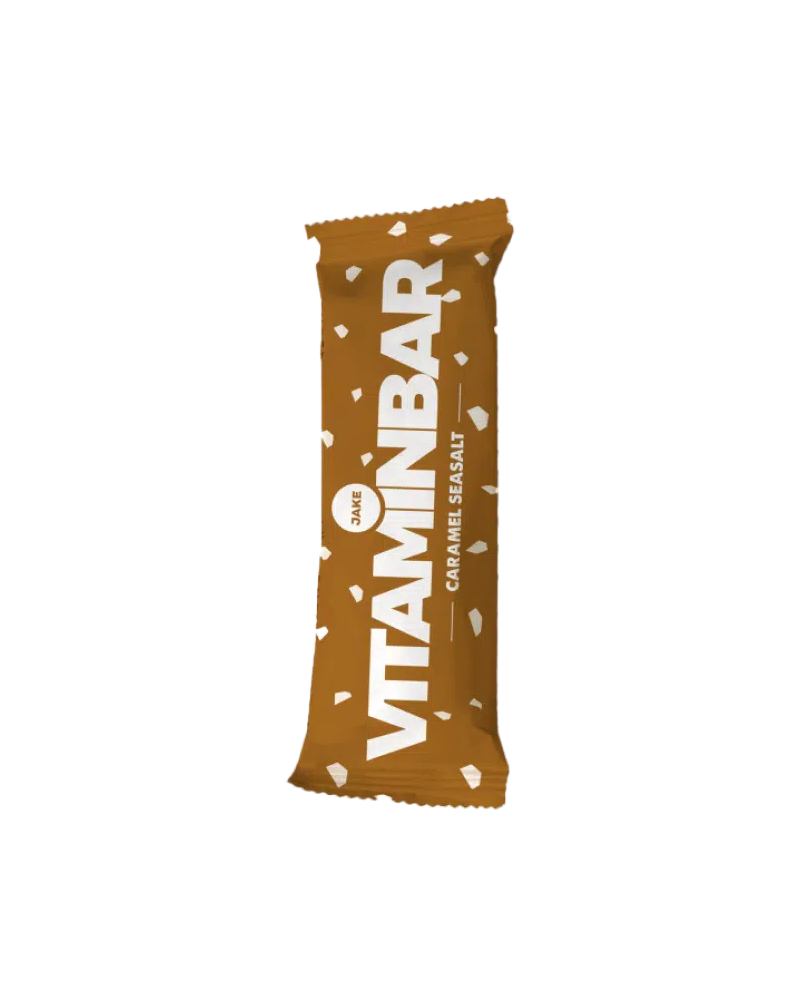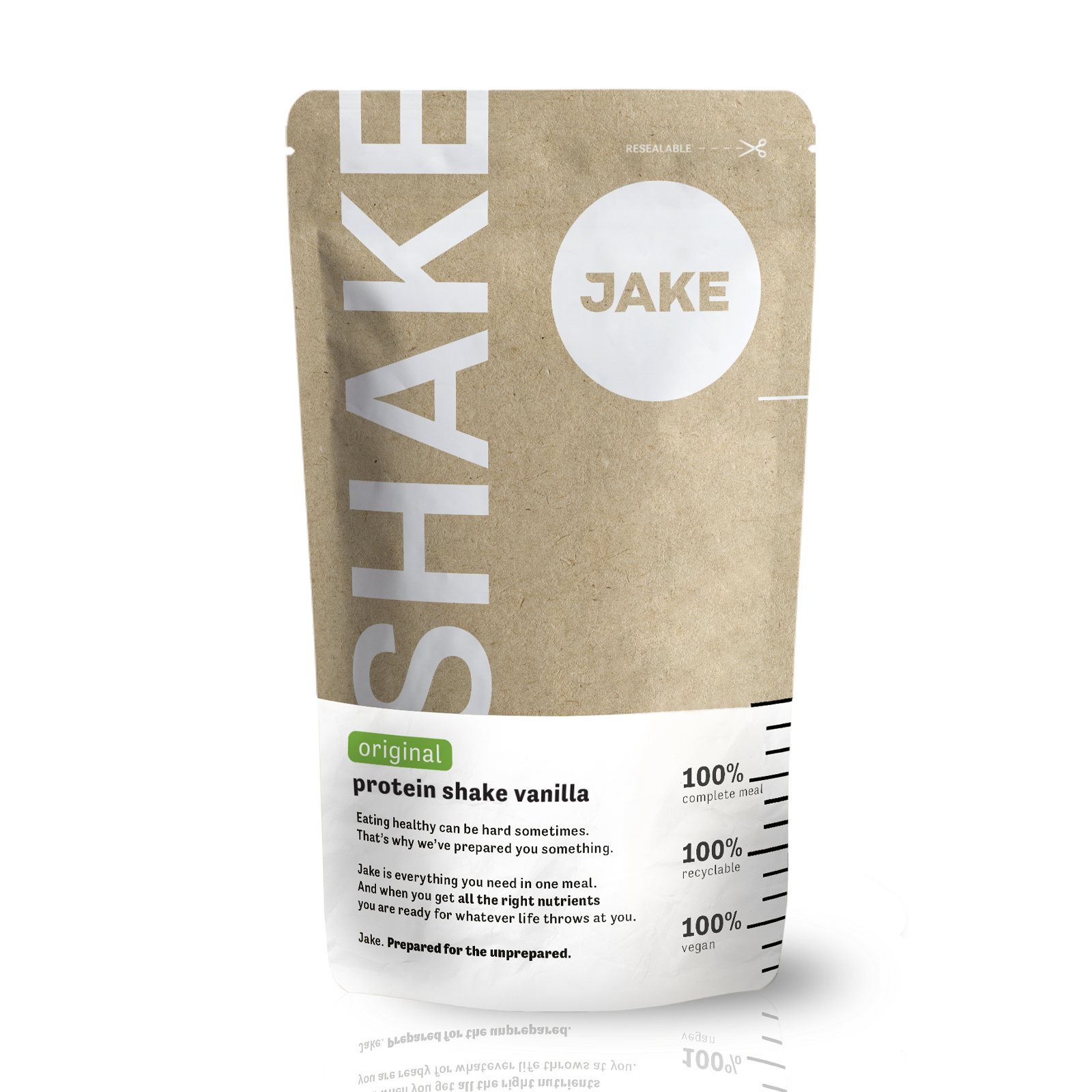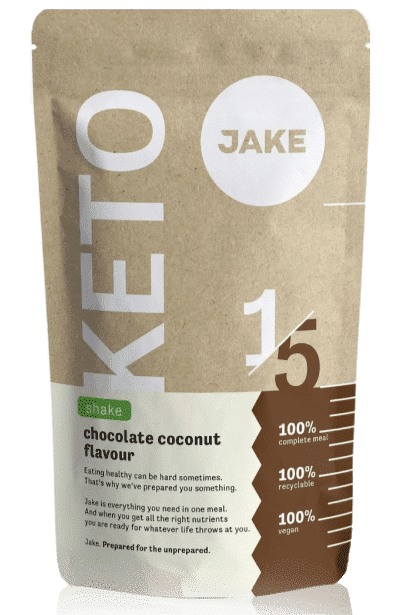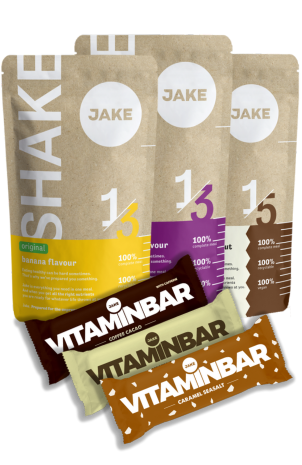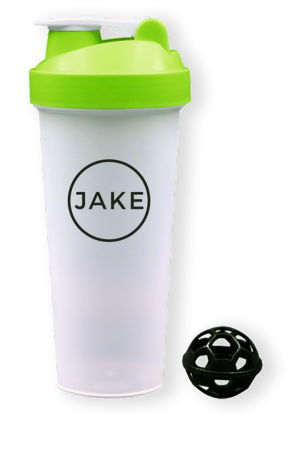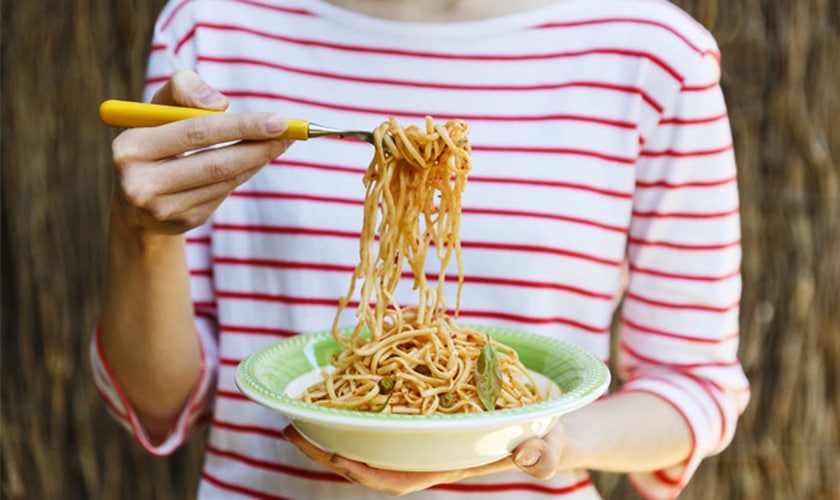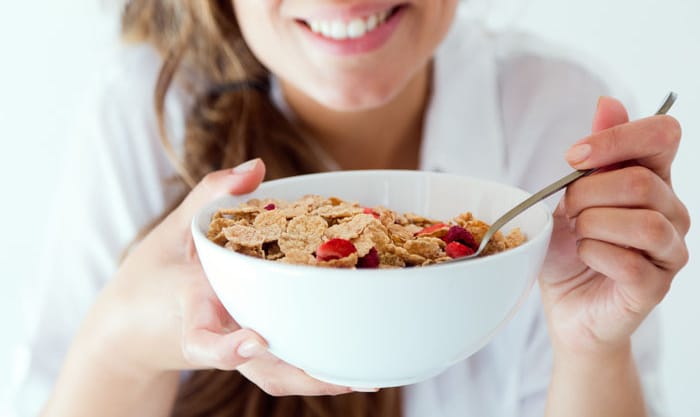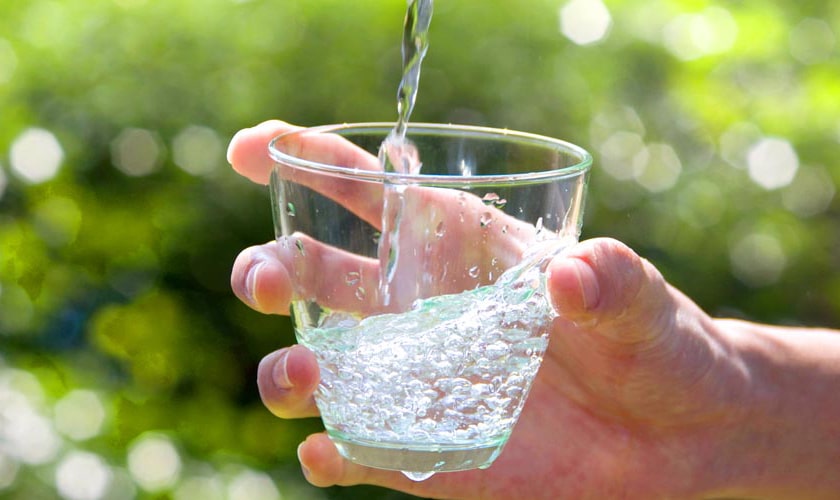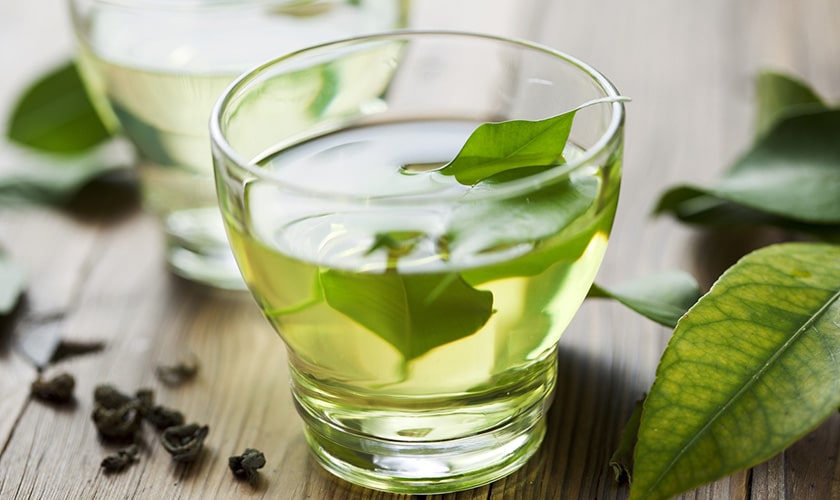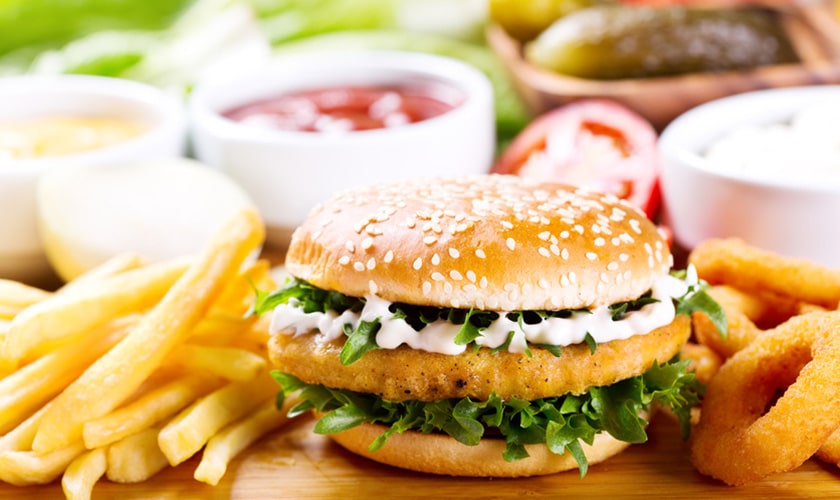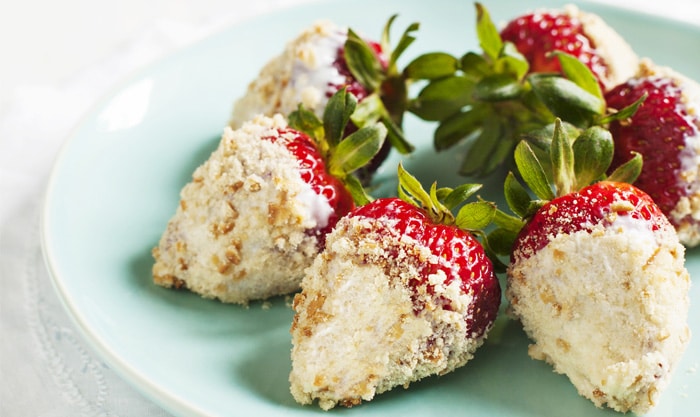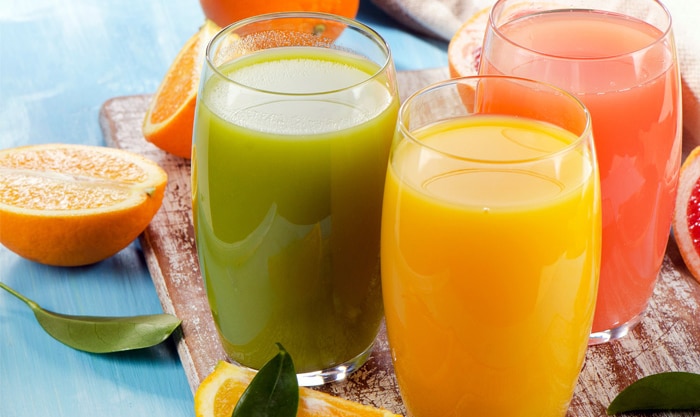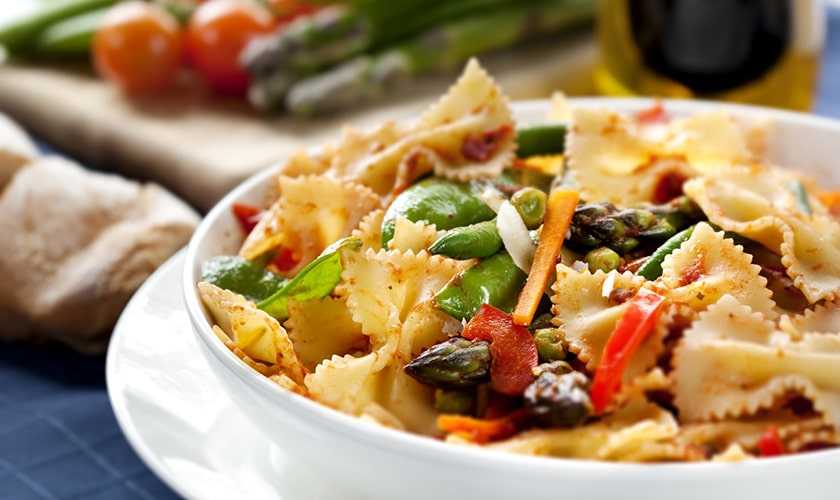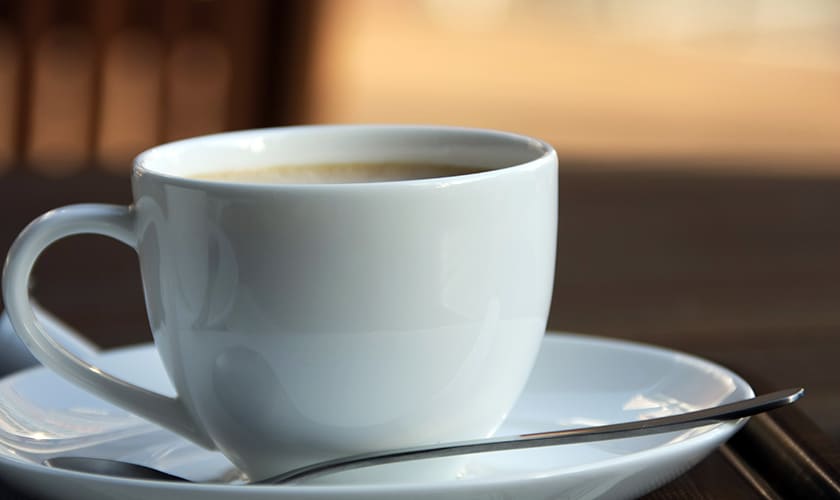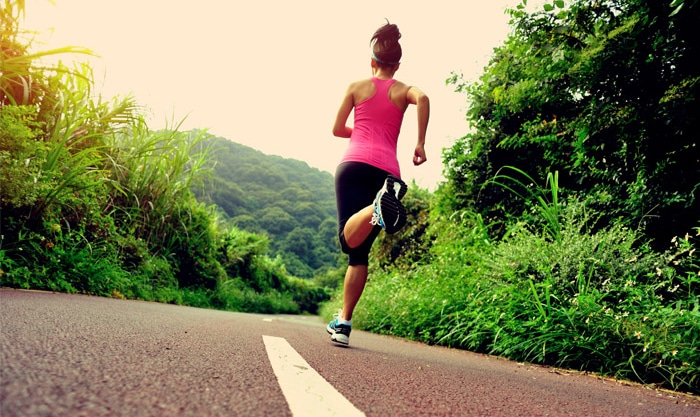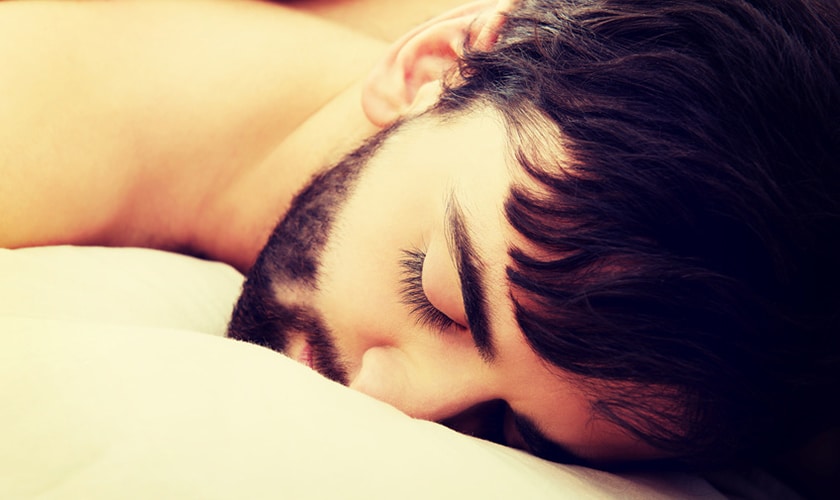
Note: This is the second part of a two-part post. To best understand this post, read Part 1 of our previous post on what a food coma is.
_______
So you know what a food coma is: the feeling of complete fatigue and sleepiness you can get after eating a big meal.
Especially after huge feasts like during Christmas or Thanksgiving where you’ll eat more than your legs can handle, you are bound to get tired. Personally, I also experience food comas when I skip my breakfast and therefore eat more during lunch.
And that’s the problem about food comas: they’re not strictly a holiday thing. I’m fine with taking a nap after I eat a huge load of delicious foods at a big dinner with my friends and family. But I certainly don’t enjoy being exhausted after lunch at work. My productivity drops and I’m completely unmotivated for the rest of the day.
During a food coma, all you feel like doing is hit the couch and take a nap. Important tasks? No way. While napping isn’t bad, it’s just not an option while you’re on the clock. So how do we make sure we stay fit and fresh all day? Follow these tried-and-true ways to get over your food coma—and live to tell the tale!
1: Don’t eat like it’s your last meal ever
Just don’t. Seriously, don’t overeat.
A food coma is caused by eating a lot of food. Your body is focusing most of its energy on digesting the huge amount of food you just downed. So clearly, the best way to not fall victim to a food coma is to eat less.
Easier said than done of course. Sometimes it’s so easy to overeat, especially when you’re faced with a tonne of delicious foods and you’re hungry. The struggle to not overload a couple of plates with all the stuffing, cakes and casseroles is real, but is it worth feeling like a tranquillized elephant after you stuffed your face?
Honestly though, sometimes there is just no way to control the food machine that is you, is there?
2: Don’t skip breakfast in the morning
It can be very tempting to skip breakfast. Some of us skip breakfast because we simply don’t have an appetite in the morning. Some have an appetite but are too much in a rush to take the time to eat. Some of us – mistakenly – believe that skipping breakfast can help with losing weight. Whatever the reason, skipping breakfast is going to make you eat more during lunch.
Breakfast helps you start your day. If you skip breakfast, you’ll not only be more prone to overeating in the afternoon, it will also hit your empty stomach harder. So eat a bit. And if time is the problem, prepare something the night before. It takes some effort, but you’ll be happy with yourself the next morning. If you’re not the morning eater, you don’t have to eat a full meal, just eat some fruit, yoghurt or cereal to help start your day.
One more thing. If you know you’re just really not a morning eater AND you know that skipping breakfast actually doesn’t make you eat more, you don’t have to force yourself. It’s a myth that skipping breakfast slows your metabolism – the connection has never been observed in studies. However, breakfast does have a lot of other positive influences. So if you can, don’t skip breakfast!
3: Drink a large glass of water before your meal
There’s a reason why the mantra “eight glasses of water a day” is repeated to us since birth: Water is an absolutely vital thing we need to live. Water fills our tummy and water aids in digestion: according to LiveStrong it helps the body flush out excess glucose in your urine.
Another interesting thing about water is that our brain can confuse dehydration with hunger. Your body sends similar signals in case of hunger and thirst. In both cases, the part of our brain called the hypothalamus is at work. That means that when you’re body needs some fluids, you may actually start craving food. So before you start munching, drink up!
This tip works best if you drink a large glass of water about 20-30 minutes before your meal, as it takes your body a bit of time before it registers that you’re filling up.
4: Green tea can work wonders
Water isn’t the only drink that can help you avoid a food coma. Some teas can help gently push along digestion. A 2005 study in the Journal of Agricultural and Food Chemistry found that compounds in green tea called catechins don’t only help burn fat, but also influence the activity of the digestive enzyme that helps break down proteins in the stomach. As another study shows, green tea can suppress hunger and make you eat less during your next meal. Tea is awesome!
One thing though, don’t mess up your healthy tea with a bag of sugar. If you really want to sweeten it up, use honey. This gets us to our next tip:
5: Avoid sugars – eat complex carbs
A food coma happens because of multiple reasons. One of them is the sugar crash. During the sugar crash, your body is drained of energy. To battle this specific aspect of the food coma, try to eat less sugar.
Don’t start avoiding carbohydrates altogether though. Carbohydrates are one of the three vital macronutrients — along with protein and fat — that we use as fuel to carry out our vital functions. Limit the simple carbohydrates, like sugars. These are converted to glucose the quickest, they give the biggest energy spikes (glucose) resulting in the biggest downs. Simple carbohydrates are typically foods made with white flour, like most of our sweet desserts, white bread, candy, cakes and worst of all: soft drinks.
Instead, add more complex carbohydrates and fibers to your diet, like oats, brown bread and brown rice. Your body takes longer to digest these foods. The longer they take to make their way through your body, the steadier the glucose will be delivered to the body. No more sugar spikes!
6: Be careful with fruit
Fruit is great. It’s the sweet and juicy gift from nature. However, glucose and fructose naturally occur in fruits as these are products of photosynthesis. Glucose and fructose are simple sugars. So besides water, fruits actually mostly consist of… simple sugar! And we learned that simple sugars equal SUGAR CRASH.
That being said, you definitely don’t have to avoid fruits altogether.
When you eat fruits, you are not only eating water and sugar. There is also a lot of fiber, vitamins, minerals and anti-oxidants in fruit. Fiber slows down the glucose absorption process, so your blood sugar won’t spike too much because of fruits. However, fruits definitely do contain a lot of sugar. So if you simply want to avoid a food coma, minimize fruit consumption and eat more vegetables instead.
7: Don’t let ‘fruit’ drinks fool you
Fruit DRINKS are not the same as fruit. Fruit juice is squeezed from fruit (or blended and sieved), giving you a lot of the high-sugar juice, but a lot less of the high-fiber and high-nutrient pulp that is left behind. So basically fruit juice is mostly just sugar water that tastes like fruit.
Hard to believe right? Let’s compare some fruit juices with soda by looking at the sugar content. We’ll take the worlds’ most popular soda, Coca-Cola Classic by the Coca-Cola Company:
• Coca-Cola – 10.6g per 100 ml / 37.6g per 12 oz
• Orange juice – 10.4g per 100 ml / 36.9g per 12 oz
• Apple juice – 11.1g per 100 ml / 39.4g per 12 oz
Almost identical! And have you noticed how fruit juice you buy from the stores taste and look nothing like the ones you make in your kitchen, even though it says 100% fruit juice? That’s because it’s nothing like it. Fruit juice offers a lot of sugar, but none of the fibres, the perfect recipe for a crash.
If you don’t want to fall asleep after your meal, don’t drink too much soda or fruit juice. And if you do, blend your own, it’s so much better (and tastier)!
Afraid to miss out on essential nutrients your body needs? You can always take our Jake meal replacement shakes or one of our delicious meal replacement bars.
8: Eat Balanced Meals
So if we are not eating a lot of simple sugars, should we simply start eating a lot of complicated carbs then? The answer is yes… and no. We should definitely eat more complicated carbs, but we should also not forget about the most important components of our diet: fats, protein and fibre.
Eating well is all about eating balanced. Along with carbohydrates, our bodies need protein and fat to function. That’s right, we need fat! Fat is essential for our entire body, especially our cells and our brain. Furthermore, fat helps our body absorb the vitamins and minerals our bodies need. Just make sure you are eating the right (balance) of fats. You can find good fats in fish, eggs or vegan sources like olive oil, avocado’s, flaxseed and best of all… algae!
Amongst a lot of things, we need protein to maintain and build our muscles and to keep our bones strong. You can find protein in meat, dairy products, eggs, or vegan sources like green peas, soy, rice and flaxseed.
I can get really excited when I’m writing about balanced nutrition. Obviously, as Jake is all about balanced nutrition. But before I get too much off-topic and turn this blog into a book, I’ll just finish with two reasons on how eating balanced helps battle food comas: (1) nutrient deficiencies cause overeating so mix it up and (2) fiber slows down the digestion of sugar, so eat vegetables!
9: Have some coffee for dessert
I don’t really like giving this tip so much. Why? Because coffee is not that great for our health. Coffee has its pros and cons. A lot of cons, especially when it comes to digestion. That being said, this article is all about fighting food comas, and coffee can definitely help us with the symptoms (and it tastes good):
Whether we know it’s because of the after dinner dip or not – it’s no coincidence that so many people drink a cup of coffee after their meal. How does coffee help to battle the food coma? You already know the answer: coffee increases your energy level. Symptoms? Gone.
One of the things coffee does is that it boosts your sympathetic nervous system (fight-and-flight). Remember last post? This means that your body focusses less on your parasympathetic nervous system, the part of you that deals with digestion. And this is just one of many ways in which coffee messes with our digestion.
So, If you find yourself in the spot where you are inevitably heading towards a food coma, you can have some coffee to fight the symptoms, but remember that you are only fighting symptoms you didn’t need to have to begin with.
10: Get Moving
An intense session of weightlifting might not be the best choice to cure a food coma, but 15-30 minutes of brisk walking right after a large meal has been shown to aid digestion and better control blood sugar. Get moving!
Summing it all up
Is all of this too much to take in? Here’s a quick overview of the perfect way to speed through your day without any ups or downs:
Start your day with a breakfast; it doesn’t have to be a big meal, but you need to get something in. Drink water throughout the day and have a nice cup of tea about 20-30 minutes before mealtime. Then, try not to overeat, especially avoid simple sugars.
Balance your meal by eating complex carbs, fats, protein and some fibre. Some fruit is good, but don’t be fooled by fruit drinks, it’s not the same as fruit. Finishing up, you can have a cup of coffee and take a 15-minute walk to help you to stay awake and control your digestion.
So there you go. If you keep these tips in mind, you’ll be safe from food comas.
